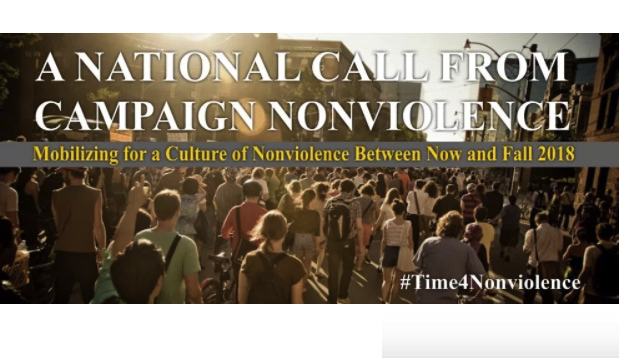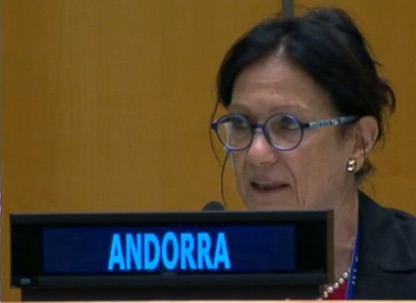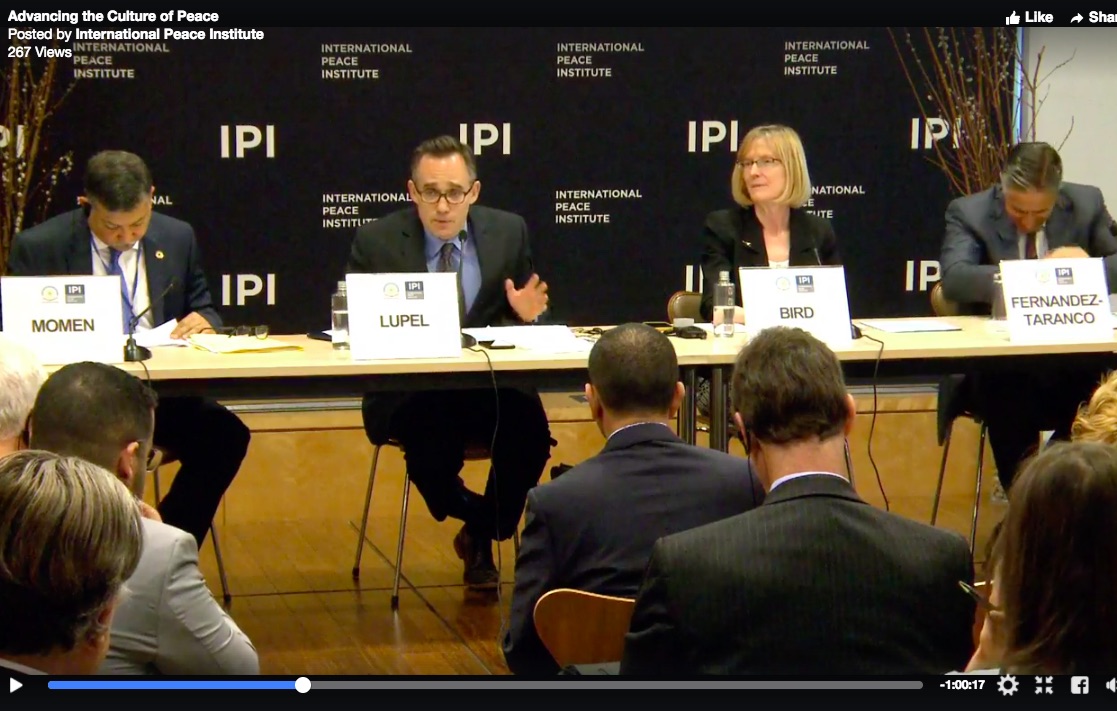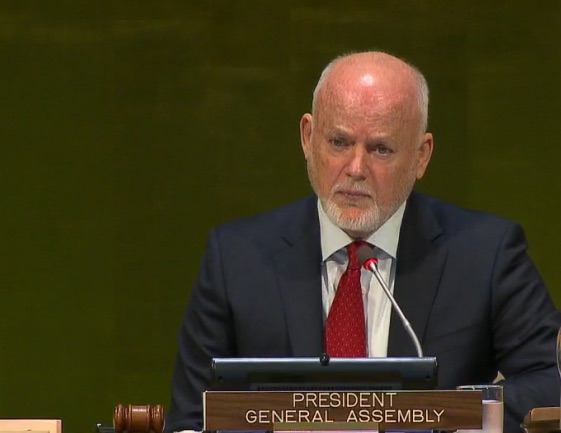TOLERANCE AND SOLIDARITY .
An article by Rachel Knaebel for Bastamag
In the United States, hundreds of municipalities have chosen not to contribute to the hunt against the undocumented launched by Donald Trump. In Europe, many municipalities have commited themselves to a welcome of migrants. “Sanctuary cities”, “refuge cities” … From Italy to Great Britain, from Barcelona to Grande-Synthe, these communes are trying to constitute a veritable counter-power against unworthy and xenophobic policies.
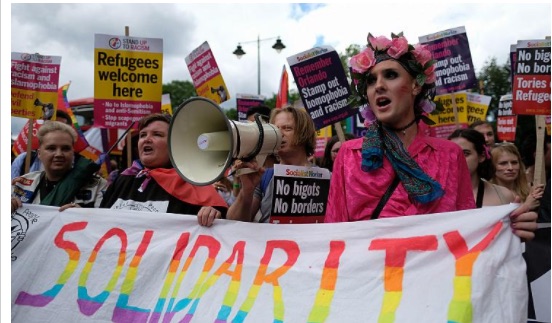
Photo: LGBT demonstration of solidarity with refugees in London, June 2016 / CC Alisdare Hickson
(Click on the photo to enlarge)
In the United States, hundreds of municipalities have chosen not to contribute to the hunt against the undocumented launched by Donald Trump. In Europe, many municipalities have commited themselves to a welcome of migrants. “Sanctuary cities”, “refuge cities” … From Italy to Great Britain, from Barcelona to Grande-Synthe, these communes are trying to constitute a veritable counter-power against unworthy and xenophobic policies.
Barely elected President of the United States, Donald Trump passed a decree to cut federal funds to the hundreds of municipalities that criticized his anti-migrant policy. Confronted with Trump’s program, his willingness to expel undocumented migrants irrespective of the number of years of residence, and his desire to erect a wall on the Mexican border, many cities quickly declared themselves “Sanctuary cities”. These municipalities “have adopted policies that promise to protect and serve all their residents, regardless of their migratory status,” says the powerful American Civil Liberties Union (ACLU).
In effect, these cities refuse to cooperate with the federal security forces, when they ask them to put undocumented migrants in detention. They do not necessarily require citizens to produce a birth certificate or to stay legally to access local public services. Some sanctuary municipalities even decide to recognize non-US identity papers as valid in their territory or to distribute their own municipal identity papers to all their residents, regardless of their nationality.
From New York to Milan, via Barcelona
Some of the most important cities in the United States, such as New York, Los Angeles, Chicago, Boston and Washington, have adopted this position. And they have not lost the battle against Donald Trump, since a federal judge blocked last April the decree of the president who wanted to cut off their resources.
In Europe too, faced with a historic crisis in the management of migration, local authorities are countering the closure policy pursued by the European Union states. Most European governments rely on safe management and agreements with undeveloped countries like Libya and Turkey (read our article Sending them to detention or to a dictatorship: this is how Europe “relocates” its refugees). However, in Milan on May 20, 100,000 people demonstrated at the initiative of the left-wing mayor of the city to promote the reception of migrants.
In February, it was the mayor of Barcelona Ada Colau, allied with the Podemos party, who called for a demonstration for the reception of migrants. Again, more than 100,000 people responded. The Catalan capital has also initiated an international network of cities committed to helping migrants, Solidarity Cities, intended to push the Spanish government to speed up the reception of refugees arriving in Europe, and to relocate them to Spain.
“France is not welcoming”
And in France ? There is the good example of Grande-Synthe, a northern town of 20,000 inhabitants, where the municipality has welcomed migrants en route to England (see our article Assuring migrants’ reception, ecology and social emancipation: the astonishing example of Grande-Synthe), notably by constructing a reception center with Médecin sans frontières with decent living conditions (taken over by the prefecture, the center was destroyed by a fire last April). Individual citizens also commit themselves, from Calais to the Italian border, and are sometimes taken to court for “Illegal acts of solidarity” (read our article At the Franco-Italian border, residents of the Roya valley risk imprisonment for helping migrants).
In Paris, thousands of migrants disembarked in the capital find themselves on the streets without any care and they are harassed by the police. Mayor Anne Hidalgo announced the opening of a first reception center in May. The center opened six months later. Scheduled for 500 people, it is too small and saturated permanently. According to the association France Terre d’asile, more than 1,000 migrants were still sleeping in the street in early July near the reception center. The association Gisti (Group of information and support to immigrants) also denounced the police violence against the migrants who were waiting in lines to enter the center. In spite of very real but dispersed initiatives (read here our article), “France is not welcoming”, regrets Filippo Furri. Will the French cities take over from a failing state?
(Article continued in right column)
(Click here for the original French version of this article)
Question for this article
The refugee crisis, Who is responsible?
(Article continued from left column)
Crisis of the Italian hosting model
“We must differentiate between networks of solidarity-based cities in Europe and the movement of sanctuary cities in the United States,” said Filippo Furri, a member of the Migreurop network and a doctoral candidate at the University of Montreal. In Europe, municipalities are forming a safe haven on the issue of asylum. In the United States, the movement has instead built itself to protect all undocumented immigrants who have lived in the country for a while. ”
Filippo Furri is well aware of the Italian case, in particular that of Venice: “With the Balkan war in the 1990s, there was a wave of refugees. In Venice, an initiative of citizen and NGO solidarity organized a dignified welcome. A reception system was set up at the beginning of the 2000s. Venice became a sort of prototype of the asylum system, which later developed in Italy, with the current emergency situation. ”
Along with Greece, Italy is one of the two main countries of arrival for the hundreds of thousands of people who land every year in Europe by sea, seeking asylum and security. More than 360 000 people have arrived by the Mediterranean Sea in Europe in 2016. More than 98 000 since the beginning of 2017 (more than 2000 migrants have already died in the Mediterranean Sea this year). Italy is therefore one of the countries that has to manage the reception of migrants in urgent and large numbers, in addition to sea rescues. In early July, its government called on other European countries to help care for newcomers. But instead of taking the side of hospitality, the Italian government also threatened at the same time to close its ports to the migrants.
Aid to development in the face of failing states
“Italy, like Greece, is becoming a real retention territory,” says Filippo Furri. There are forms of hospitality and hospitality in civil society. It is a response to state management, which is primarily aimed at controlling flows, sorting people, and scattering reception centers by imposing them on local governments. There is a conflict between the local reception of municipalities and the state control. In the same way that NGOs take over from the European states and authorities to save lives in the Mediterranean Sea, Italian municipalities are organizing to do what the Italian state refuses to do: to organize a dignified welcome and to encourage exchanges between the local population and newcomers.
The network of “Communes of the Earth for the World”, founded in 2003, today brings together more than 300 municipalities from all over Italy. For example, the association organizes an intercultural festival in Riace, a village in Calabria that has become one of the entry points for many migrants in the EU (see our article These villages that choose to welcome migrants). The association of municipalities also conducts international solidarity projects, such as a solar energy development project in the Sahel. “The Recosol network is organized on a logic of solidarity that goes beyond the issue of migration,” says Filippo Furri. It is a network of mutual assistance between local communities. ”
To constitute solidarity associations, beyond the sole objective of managing the emergency, this is surely the specificity of the networks of shelter cities in the face of the migration policies of the States. “The State leaves it up to the Italian municipalities to organize the reception of migrants. It is the municipalities that organize housing, language courses and local integration,” explained the coordinators of the network of municipalities Recosol. The Italian government’s policy suffers from the lack of a global vision and a national plan for the reception and integration of migrants. It is therefore the NGOs and the citizens, on the territory, who make the difference. ”
Sanctuary City in the UK
In Britain too, citizens and municipalities are countering the xenophobic policy of the Conservative government. “A Sanctuary City was created in Sheffield in 2005 by a small group of people who wanted to better accommodate the refugees,” said Forward Maisokwadzo, spokesperson for the British network. The Mayor of this city of 500,000 inhabitants in the north of England fully supported the initiative and made a public commitment to welcome asylum seekers and refugees in his city. “Then the movement became very important, in terms of the number of people and communes involved. It now includes a hundred municipalities. The idea is to work with everyone: citizens, associations, local authorities.”
For the movement “City of Sanctuary”, the key to hospitality is in this collective work. “The actions carried out by the movement vary from place to place. They can, for example, involve raising awareness of the issue of the reception of asylum seekers, says Forward Maisokwadzo. In Bristol, the city has tackled the problem of deprivation of asylum seekers, who receive very little financial support and are not allowed to work during their study. A dozen other cities are committed to the issue. Their job is also to push the government to address this issue.”
(Thank you to Kiki Chauvin, the CPNN reporter for this article.)
